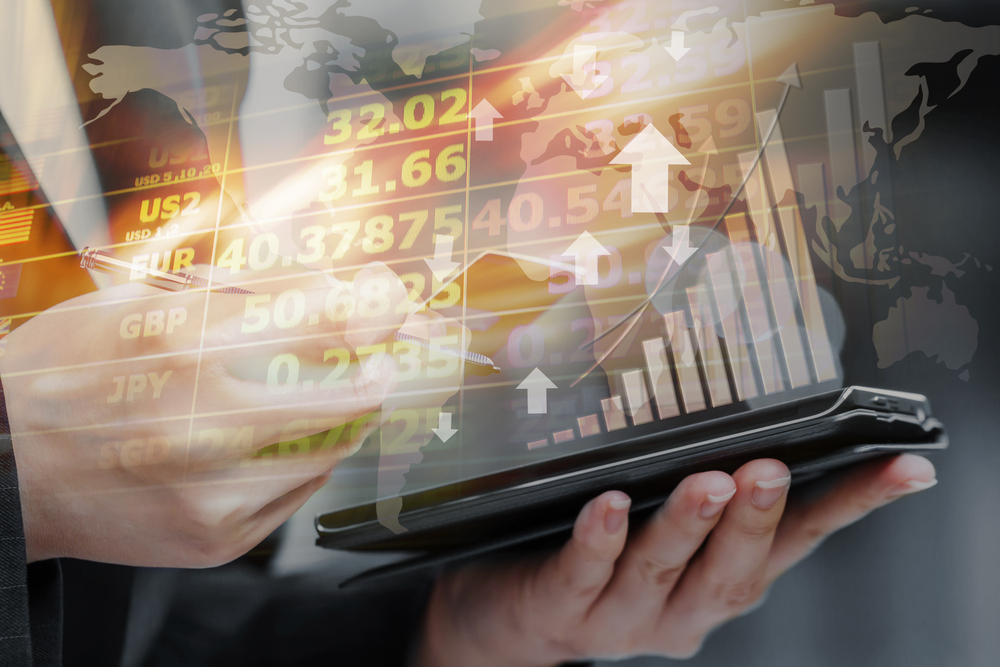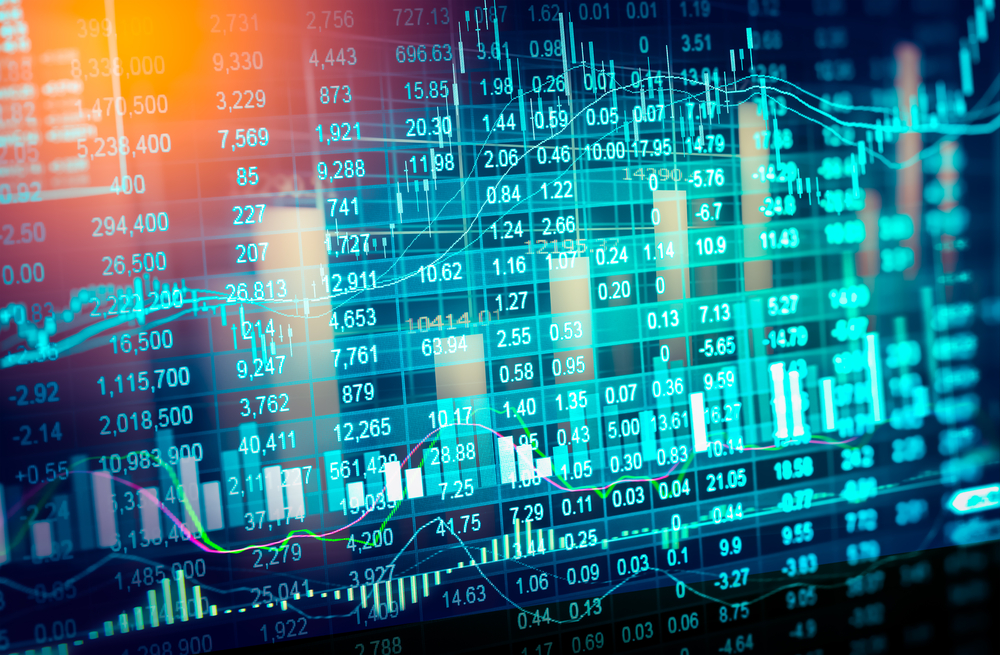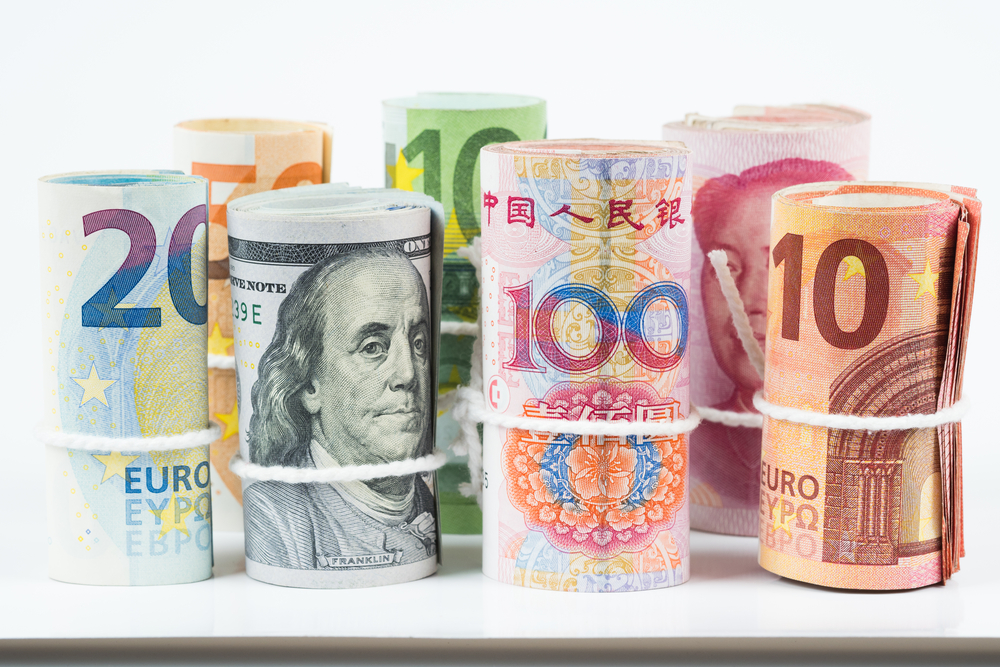Foreign exchange rates or Forex is what you call the rate when you exchange one currency for another. When doing international transactions, whether for business or personal reasons, it is recommended to have a better understanding of the current exchange rate. Whether you are doing business overseas, or just making a trip, getting insights into FX can be beneficial in setting expectations financially. It also helps in running your transactions in other countries efficiently.
It is crucial to take advantage of the best possible exchange rate you can get. So, when might it be important to know a currency’s exchange rate?
Traveling Overseas
You can only end up with two possible scenarios: either get great bargains or get a surprisingly high-priced trip. Say, for instance, you will be traveling in Australia. Check online the exchange rates in Australia prior to your travel date. Treat the currency exchange rate as one of the most important factors when traveling abroad. You will want to ensure that you get the best exchange rate possible whenever you need to buy something or to simply get cash. Aside from planning your itinerary, make sure to cover these steps:
- Check with your bank how much they charge for international transactions. You can get the best possible exchange rate when you use your debit or credit card when purchasing or getting cash from an ATM. This is because it is a direct bank-to-bank transaction without having a middleman to cost you an additional service fee for the exchange. However, although this is the situation most of the time, there are also banks or credit card companies that charge foreign transactions. That is why it is essential to call your bank first before you hop in that plane. If your bank charges international transactions, you can call other banks to see if you can get a much better deal. The point is to plan ahead.
- Find out what the currency exchange rate is between your local currency and that of where you’re traveling. This information can be easily searched in Google or the newspaper. This will be your shield against bad deals. Verify the current exchange rate instead of relying on the signs at the street kiosks. It is even better if you check this periodically.
- Use your debit or credit cards as much as you need to. It’s better to use your cards if you want to make a purchase abroad to avoid ATM fees. If you plan on withdrawing your cash in a foreign ATM, make sure to check how much their fees are. The fee varies from ATM to ATM.
- Set a budget. Airports, especially in big cities, have a restriction as to how much cash you can carry with you. You also don’t want to fall short on your money and end up dealing with high rates. Or worse, you might not find any money exchange service outside the city. Plan your spending toward the end of your trip, so you only bring the cash you need. It can also lessen the possibility of you getting robbed or pickpocketed.
- Exchange companies or booths in the airport or train stations are expensive. They usually charge more for the convenience. If you can’t locate any ATM within the area, you can try going to a post office or large banks. When all else fails, proceed to these booths. They are there in case you needed cash after banking hours, or if you’re unable to find an ATM around. However, keep in mind to make them your last resort.
- Take time in comparing the rates. This is best done when you have an idea what the current exchange rate is. When you are using exchange kiosks, shop around to compare before you settle for one. Doing it online requires a lot less work since there are plenty of comparison sites like this. If you ever find yourself changing money with small vendors, learn to haggle for a better rate. Haggling can only be done with vendors and not with banks, and this doesn’t work all the time. It is worth a try, though, in small areas where there are plenty of small vendors around.
- Find out the current and real rate. Sometimes, the rate you see posted is the sell rate and you get charged on the buy rate later on. Flat fees for the transaction may also be applicable. These are the things you need to look out for. The net amount from the exchange might surprise you.

International Trade
The exchange rate has a crucial role in the international trading industry. A depreciation can make the exports cheaper, thus, beneficial to exporting firms. Imports, in return, will become expensive for import firms. An appreciation, on the other hand, can cause exports to become costly and make imports cheaper. If a country is doing well on its exports than it imports, it means there is a high demand for its goods and its currency. When the demand is high, it brings with it the currency’s value. In the case of countries with more imports than exports, its need for its currency declines and so does its value.
The fluctuation in the exchange rate affects the cost of products you are purchasing, as well as the sale price for the products you are selling from other countries. This alone can be of great concern to those who are venturing in real estate abroad. If you are only looking for a property within your local area, the exchange rate will be the very least of your concerns. However, if you are planning on extending your reach across borders, the exchange rate would be something you need to deal with.
Economically speaking, the property you wish to acquire or sell will be your “supply” in the supply-demand relationship. The “demand” are the currencies. When the supply lowers and the demand goes high, the value of the currency increases. If it’s the other way around, then the value drops. Your best bet in getting the best property is when the currency is weak, especially if you are paying in the stronger currency.
Making International Investments
There are numerous and complex factors that determine and affect the exchange rate, making it quite a challenge to predict and understand. But with businesses taking place abroad, it is with utmost importance that you have an in-depth understanding of this matter. Its unpredictability can represent a cost and risk. It determines the actual return for the firms, so it is crucial to understand how it behaves. That said, six factors affect the exchange rate:
- The Current Account Deficits: The current account is where all services interests and dividends and all payments for goods between a country and its partner in trade are reflected. The deficit takes place when the country spends more on imports than earning via exports, thus the need to borrow from other countries to aid the deficit. The increase in demand for a foreign currency decreases the country’s exchange rate.
- The Inflation Rates: Countries such as Norway, Japan, and Switzerland have higher-valued currencies due to their low inflation rate. Conversely, depreciation in the currency can be observed in countries with a higher inflation rate.
- The Interest Rates: Countries with high interest rates are desirable for foreign capitals because the return is much better—the increase in demand for one currency results to a rise in the exchange rate. And where there is a lower interest rate, there is also a decrease in the exchange rate.
- The Level of Public Debt: Public debt could be from governmental funding or public sector projects, and can affect the country’s currency value. In order to pay off the debt or part of the debt, the government will need to print money to increase the currency supply, which, in turn, can raise the inflation rate. Investors don’t find that attractive.
- The Terms of Trade: It refers to the difference in prices between the imports and exports of a country. If the country’s price for exports is higher compared to the price it pays for the import, it can result in a stronger currency or stronger terms of trade.
- Political Stability and the Country’s Economic Performance: Stable countries with strong economic performance are attractive to foreign investors. Political instability can also significantly affect the confidence of possible investors.
When investing abroad, you are both juggling both the company’s performance and the country’s currency. It can either be a cost for a business or an opportunity. The same goes for when you buy shares in foreign stock. The best scenario would be benefiting from the stock price going up, which strengthens the currency. The worst would be losing the currency value when stocks go down. Either way, you need to be able to dance with the currency effect. You can also consider ETFs or Exchange-Traded Funds, the goal of which is to kick off or secure any effects of the currency movement.
International Remittance
There are factors involving money transfer that influence how much you will be paying. Learning the necessary information on this can save you from a hefty amount of cash that can dent your bank account.
A global currency is classified into two rates: the rate at which they buy the currency, and at which they sell it. These rates will continuously be present. Another rate is set between the buy and sell rate, which is called the mid-market rate. When buy and sell rates fluctuate, so does the mid-market rate.
The exchange rate provided by search engines in the World Wide Web is based on the mid-market rate. Banks set their own rates close to the mid-market rate, but with an addition to make a profit. On top of that, many banks also charge a flat fee or a percentage per international bank transfer. These, combined with the eyebrow-raising exchange rate, can be avoided when you use online transfer services. This service allows you to only pay the actual mid-market rate and the flat fixed fee. It guarantees no surprises when it comes to the money you are expecting to arrive.
The exchange rate can showcase a loss of earning or gain when sending money back home or transferring money into your local currency as salary.
As mentioned, the exchange rate fluctuates so the rate you check last time might not be the same rate you will see the next. That is why there is an array of exchange rate notifications made available in the market to proactively get you the best rate.
- Update Alerts: This is the most commonly used type of alert. You receive them in the form of a text message or email on a daily, weekly, and monthly basis. It alerts you on the current exchange rate on the currency route of your interest.
- Exchange Rate Analysis: It provides a weekly or monthly market rate analysis on different currencies of your choosing. You have an option to follow one currency or more. It updates you on changes in currency value due to the affecting political and economic factors.
- Order or Targeted Alerts: There are several services created for this kind of notification. It allows you to set a specified rate at which you wish to convert, then alerts you when the rate is meeting it.
- Smart Alerts: You can find interesting, smart alerts now. There are those that provide limit orders in which you can set the desired date to covert. Along with that is a notification when some trends or changes are significant in the exchange rate. Other services also offer notifications when the best time takes place in the past weeks without requiring you to set a time limit.
Naturally, there are pros and cons involving these notifications. Take time to check what suits you or your business best.
Conclusion
Getting the best exchange rate can be challenging as the Forex changes from time to time. It can suddenly rise and fall, affecting countries’ overall economies. Knowing how it all plays can give you a full grasp of when is the best time to know them and how. You can start experimenting on the options available for you that offers exchange rates, and choose which ones work for you best.
Valforex brings you a guide to the best online investment reviews, tips and guides. This is including but not limited to forex, binary options, general investments, bitcoin and other cryptocurrencies.


